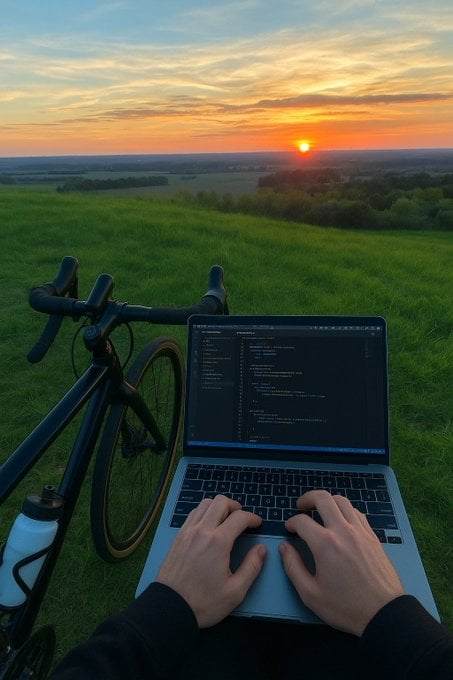
The promise of vibe coding sounds seductive — type a prompt, let AI handle the messy syntax, and watch apps magically come alive. But peel back the hype, and what emerges is a risky shortcut that threatens the very foundation of enterprise technology.
First, let’s be clear: software is not just about stringing together lines of code. It’s about building robust, scalable, and secure systems that can withstand real-world complexity. This is where vibe coding tools face their biggest limitation. Experts caution that while no-code and low-code platforms may serve quick prototypes, they often crumble under the demands of enterprise-grade deployments. Compliance checks, integration into legacy systems, and long-term maintainability are not optional luxuries — they are non-negotiable essentials.
Take Bengaluru’s vibe coding hackathons. Fun experiments, yes. But would you trust a vibe-coded solution to run a bank’s risk engine, an airline’s booking system, or a hospital’s patient database? Without deep technical expertise, “vibe-coded” applications risk becoming black boxes — opaque, fragile, and potentially dangerous.
Even industry leaders admit the limits. Cognizant’s ravi Kumar acknowledged the ongoing need for “deep programmers” to build AI platforms. Translation: vibe coding might assist, but it cannot replace. And therein lies the paradox — if highly skilled coders are still required for the hard problems, then vibe coding risks becoming a crutch for mediocrity rather than a breakthrough for the future.
Moreover, vibe coding could create a dangerous talent bubble. If non-technical hires are “trained for the future” but lack a solid grounding in computing fundamentals, what happens when systems fail? Will India’s tech workforce be reduced to prompt engineers, dependent on AI’s output without understanding its logic? That’s not empowerment — it’s disempowerment dressed as progress.
The reality is that vibe coding, at best, will remain a peripheral tool for rapid prototyping, not the backbone of serious enterprise software. The long-term adoption curve will be shallow, restricted by integration headaches and security risks.
Bengaluru may be excited today, but history is full of buzzwords that faded once the hype cycle ended. Vibe coding risks becoming another flashy experiment, remembered more for the headlines than for lasting impact. software engineering is a craft — and no AI shortcut can replace the discipline, logic, and expertise it demands.




 click and follow Indiaherald WhatsApp channel
click and follow Indiaherald WhatsApp channel